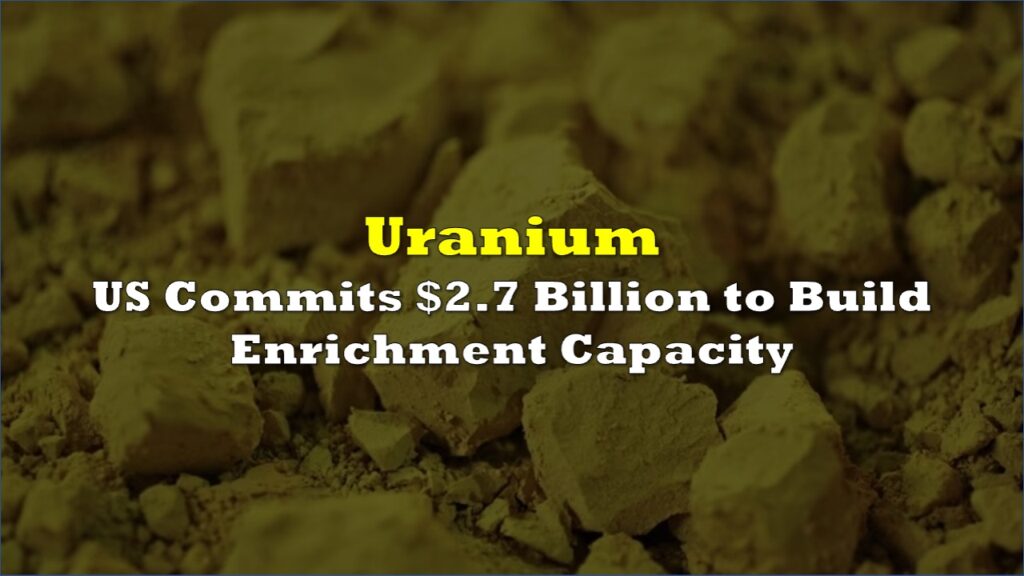The US Department of Energy announced a $355 million funding initiative aimed at expanding domestic production of critical minerals, marking the federal government’s most significant investment in mining technology in nearly 40 years.
DOE’s Office of Fossil Energy administers two programs that split the funding. The larger program allocates $275 million to pilot-scale facilities designed to extract valuable minerals from coal byproducts and industrial waste streams. The smaller program dedicates $80 million to establishing field sites for mining companies to test new technologies in working environments.
— U.S. Department of Energy (@ENERGY) November 14, 2025
“For too long, the United States has relied on foreign nations for the minerals and materials that power our economy,” said Energy Secretary Chris Wright in the department’s announcement. “We have these resources here at home, but years of complacency ceded America’s mining and industrial base to other nations. Thanks to President Trump’s leadership, we are reversing that trend, rebuilding America’s ability to mine, process, and manufacture the materials essential to our energy and economic security.”
The initiative targets materials critical to multiple sectors, including rare earth elements used in semiconductors and electric vehicle motors, lithium and cobalt for batteries, and platinum group metals for catalysts and fuel cells. The United States lacks significant domestic capacity for processing such materials. Asian countries, particularly China, control the separation, processing, and refining stages of the supply chain.
The announcement represents part of a broader $1 billion investment commitment made in August to advance mining, processing, and manufacturing technologies. That larger effort delivers on President Trump’s executive orders “Unleashing American Energy” and “Immediate Measures to Increase American Mineral Production.”
Applications for both funding opportunities are due December 15, 2025.
The strategic push comes as the United States seeks to reduce dependence on foreign mineral sources amid growing demand for materials essential to clean energy technologies, defense applications, and advanced manufacturing. China currently controls much of the global critical minerals processing infrastructure, a dominance built over decades of sustained investment in the sector.
Mining industry observers note that while the funding represents a meaningful policy commitment, it addresses only part of the challenge facing US efforts to rebuild domestic mineral capacity. The capital-intensive nature of scaling from pilot projects to commercial production facilities, combined with China’s established infrastructure advantage, suggests that substantial additional investment will likely be required to significantly reduce US import dependence.
Information for this story was found via the sources and companies mentioned. The author has no securities or affiliations related to the organizations discussed. Not a recommendation to buy or sell. Always do additional research and consult a professional before purchasing a security. The author holds no licenses.









